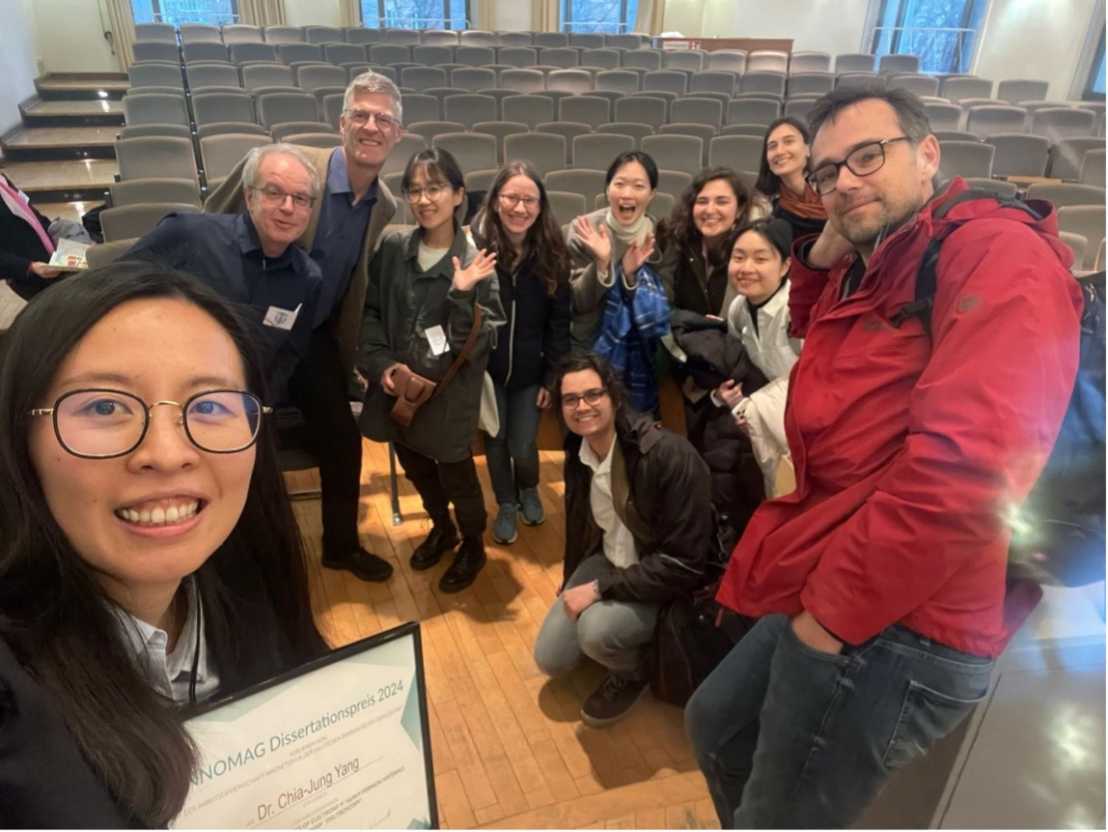DPG-INNOMAG Award in Magnetism to Chia-Jung Yang
Each year the world's largest association in magnetism – the Division of Magnetism of the German Physical Society (DPG) awards the INNOMAG Prize for the best dissertation. This year it goes deep into the quantum world where magnetism competes with other correlated states.

Many phenomena in semiconductors can be described as the interaction of a single electron with its environment. This is different in the so-called strongly correlated systems whose properties are determined by the coordinated interaction of many electrons. This gives rise to new phenomena like magnetic order or superconductivity, but these are difficult to describe because of the involvement of a large number of particles interacting via their charge or spin or the crystal lattice.
One of the most successful paradigms of many-body physics remedies this situation: the concept of quasiparticles, which permits to describe strongly interacting matter in the form of weakly interacting material packets that can be treated as particles, even if they are not. Such "quasiparticles", have a very low energy in a range that few experimental techniques can access, and so the magnetically and otherwise correlated phases resulting from the presence and interaction of quasiparticles are often measured in very indirect ways.

In her doctoral thesis, Chia-Jung Yang established an experimental method to probe the low-energy quasiparticles directly with low-energy electromagnetic radiation. Its wavelength is 1000 times longer than for visible light. Ultra-infrared emission of this type is usually just called "Terahertz radiation" and used, for example, in body scanners at airports. Chia-Jung Yang used short Terahertz light pulses to investigate matter at the threshold between magnetic order and disorder. This enabled her to clarify how certain magnetic quasiparticles are created and decay, and she showed how the transition between magnetic order and disorder takes place when the absolute zero point in temperature at -273 °C is approached.
The Condensed-Matter Section at DPG honoured Chia-Jung Yang's doctoral work with the INNOMAG Prize for the best PhD thesis in magnetism at the DPG March Meeting in Berlin. INNOMAG e.V. is Germany's innovation platform for magnetic microsystems, and they donate the prize, endowed with 1000 Euro, annually.
